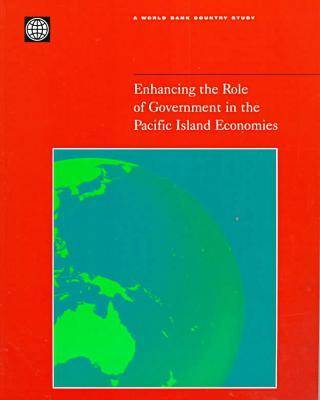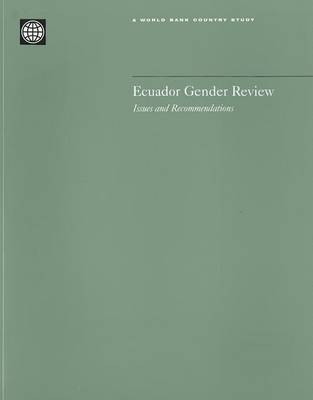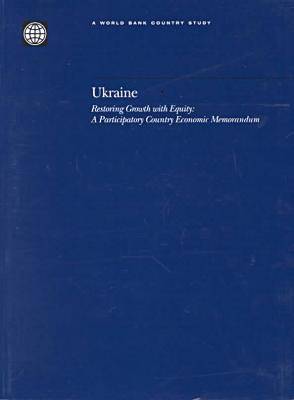World Bank Country Study
43 total works
Enhancing the Role of Government in the Pacific Island Economies
by World Bank
Published 31 December 1998
Following the East Asian financial crisis, the Pacific Island Member Countries (PMC) appear to be headed toward recession. The governments are increasingly aware that state-led growth, based upon high levels of public investment and financial aid, has not substantially increased per capita income or the quality of life. Building a more resilient economic base has become a matter of political urgency. This report discusses how the PMC's development agenda could be implemented and emphasizes interlinking themes about enhancing the role of government.
Although Ecuador has made considerable strides in addressing gender issues over the years, gender continues to be an important development issue. While access to family planning methods has increased in general, the availability of contraceptives remains limited for the poor. As more women enter the labor force, wage gaps based on gender persist. Ecuador's strong civil society movement puts gender on the public agenda, but land distribution by the government continues to be biased toward men. This report brings to light the most salient gender issues affecting Ecuador's social and economic development today. Its purpose is to reduce gender inequalities in Ecuadoran society and to improve the effectiveness of Ecuador's social and economic development programs. Gender in this report pertains to both men and women and refers to the different experiences, preferences, needs, opportunities and constraints men and women face because of socially ascribed gender roles and expectations. The report contains an overview of gender issues and trends with special attention to the rural sector where almost half the population lives. The authors recommend an overall strategy and priority actions to improve conditions. This report will be of interest to government officials, nongovernmental organizations, academics, and civil society.
The government deficits that have played such a prominent role in Ukraine's continued economic decline reflect in large measure the fact that government has been slow to relinquish the role it played during the Soviet era. Since independence, Ukraine has suffered one of the most severe economic declines of any country in this century. While other transition countries in the region successfully replaced their old command economies with market economies, Ukraine continued to protect unprofitable enterprises to preserve employment and income levels. To support this strategy, the government has borrowed more money than it takes in and, at the same time, competes with private enterprise domestically for credit. As Ukraine's economic foundations proceed to crumble, the Ukrainian Government. the World Bank, and the International Center for Policy Studies in Kyiv examined the issues surrounding the crisis. The group analyzed the data and policy studies that were prepared by various Ukrainian and World Bank teams of experts and formulated recommendations for strategies to stem the growing tidal wave of economic collapse now threatening Ukraine. This report presents the issues that are creating these crises and outlines a course to prevent a crash. This report will be of interest to government agencies, economists, bankers, and academics.


